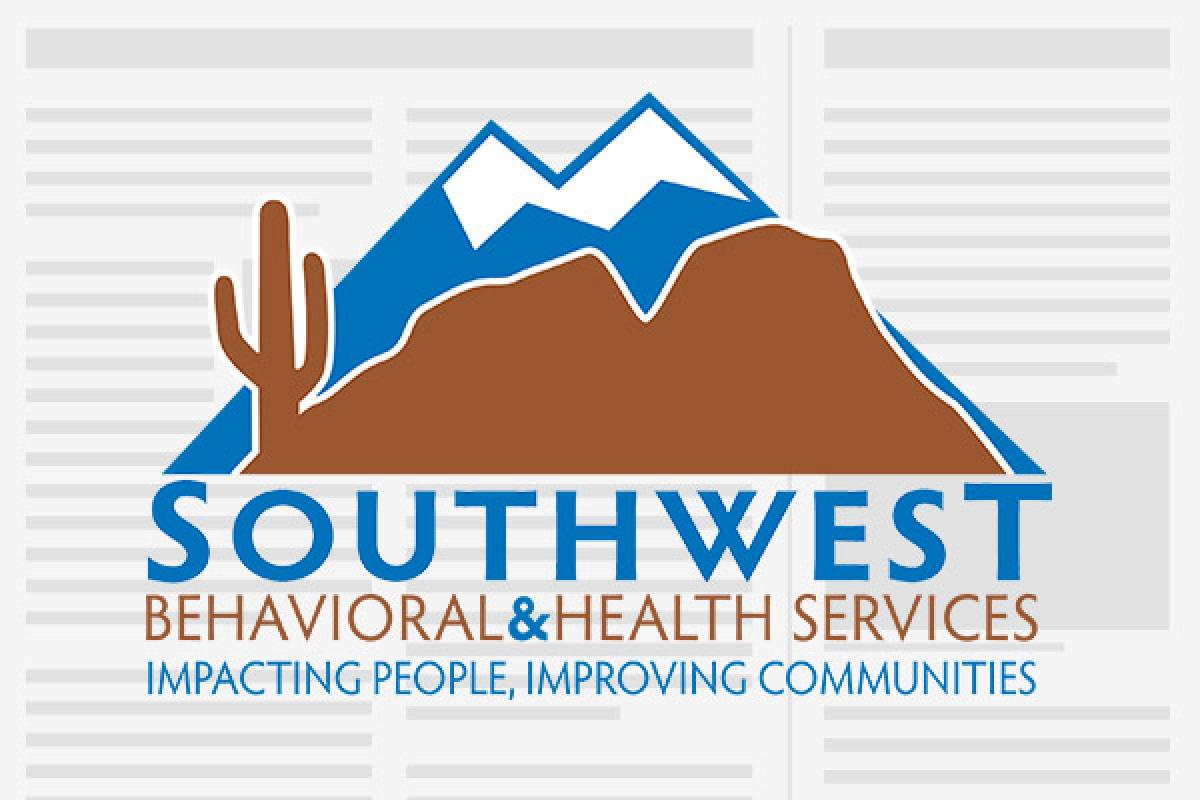
While the songs we hear on our local Top 40 radio station sound catchy and relatively harmless, there is often more to the music than meets the ear. Did you know that many of today’s most popular songs have drug and alcohol messages?
For example, we may catch ourselves singing along to the chart topper “Can’t Feel My Face” by The Weeknd without realizing what the song is actually about. At first listen, it sounds like a song expressing the singer’s infatuation with a girl and how he can’t live without her. In reality, the girl is the drug cocaine. While the singer knows it’s harmful, the pleasure it gives him outweighs the risks.
We all know by now Miley Cyrus has grown up, so her music should be on every parent’s radar. In her song, "We Can’t Stop", she references Molly, “We like to party - Dancing with Molly - Doing whatever we want - This is our house - This is our rules.” Molly, is the pure form of MDMA similar to ecstasy. The dangerous drug has become increasingly popular among teens and when pop icons are singing about it, the negative influence among teens grows even stronger.
A study conducted by University of Pittsburgh concluded that about one-third of today’s pop songs contain explicit alcohol or other drug references. The study also concluded that teens tend to listen to about two and a half hours of music on a daily basis. For every hour teens listen to music, they are hearing an estimated 35 references to alcohol or other drugs, which equates to an average of 84 times per day.
These subtle messages are things parents should be aware of. The messages are not always alarming when first heard, since most lyrics are a play on words. By understanding the references and talking with their kids, parents can be a positive influence and help their kids understand how serious substance abuse is and explain the dangers associated with drugs and alcohol.
Join DrugFreeAZKids.org on September 16th for the webinar, Pop Culture & Drugs: What Does This Mean For Our Youth. We will take a deeper look at the influence of pop culture on kids, especially as it relates to drugs and alcohol. More importantly we’ll discuss what parents can do to address these influences and raise healthy drug-free kids.













